Thomas J. Ashby
Guidelines for enhancing data locality in selected machine learning algorithms
Jan 09, 2020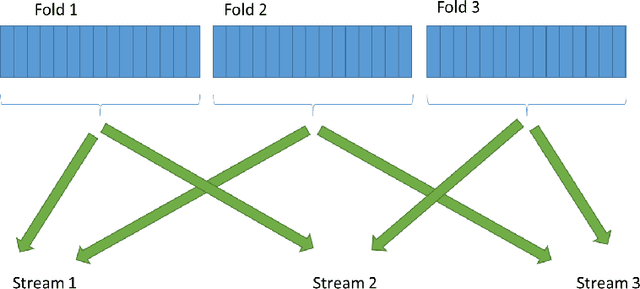

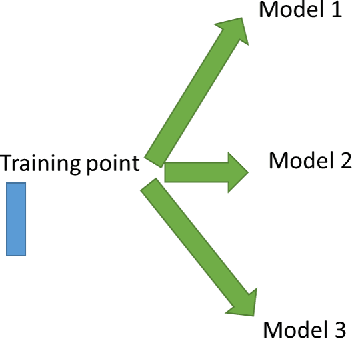
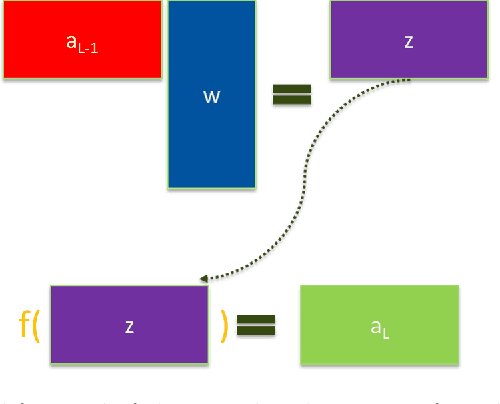
Abstract:To deal with the complexity of the new bigger and more complex generation of data, machine learning (ML) techniques are probably the first and foremost used. For ML algorithms to produce results in a reasonable amount of time, they need to be implemented efficiently. In this paper, we analyze one of the means to increase the performances of machine learning algorithms which is exploiting data locality. Data locality and access patterns are often at the heart of performance issues in computing systems due to the use of certain hardware techniques to improve performance. Altering the access patterns to increase locality can dramatically increase performance of a given algorithm. Besides, repeated data access can be seen as redundancy in data movement. Similarly, there can also be redundancy in the repetition of calculations. This work also identifies some of the opportunities for avoiding these redundancies by directly reusing computation results. We start by motivating why and how a more efficient implementation can be achieved by exploiting reuse in the memory hierarchy of modern instruction set processors. Next we document the possibilities of such reuse in some selected machine learning algorithms.
* European Commission Project: EPEEC - European joint Effort toward a Highly Productive Programming Environment for Heterogeneous Exascale Computing (EC-H2020-80151) This an extended version of arXiv:1904.11203
SMURFF: a High-Performance Framework for Matrix Factorization
Apr 04, 2019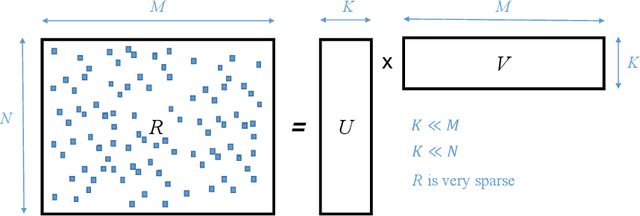
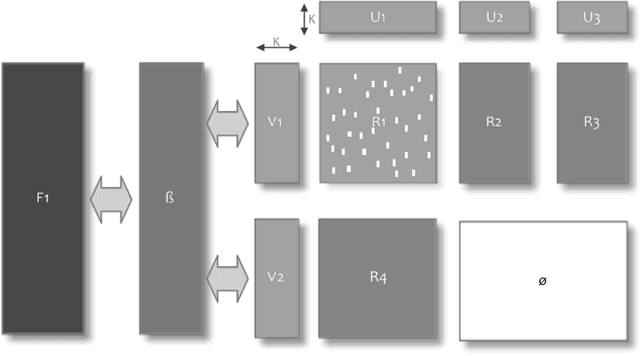
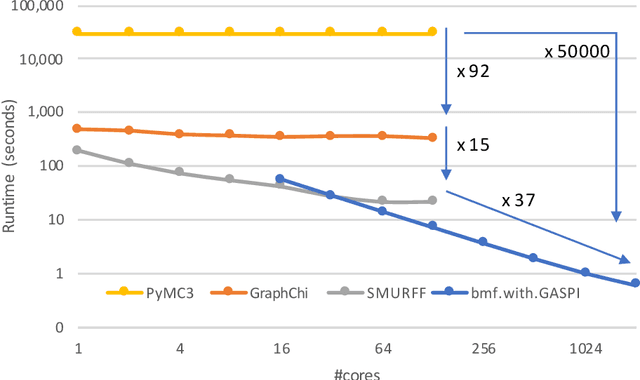
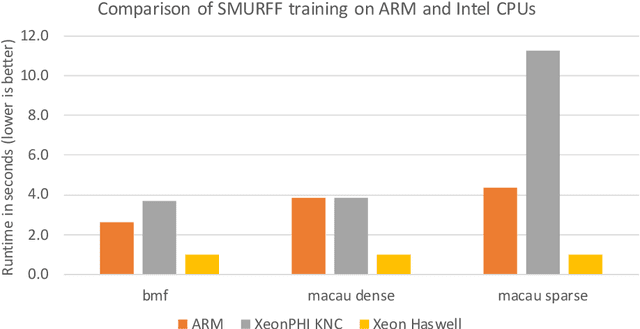
Abstract:Bayesian Matrix Factorization (BMF) is a powerful technique for recommender systems because it produces good results and is relatively robust against overfitting. Yet BMF is more computationally intensive and thus more challenging to implement for large datasets. In this work we present SMURFF a high-performance feature-rich framework to compose and construct different Bayesian matrix-factorization methods. The framework has been successfully used in to do large scale runs of compound-activity prediction. SMURFF is available as open-source and can be used both on a supercomputer and on a desktop or laptop machine. Documentation and several examples are provided as Jupyter notebooks using SMURFF's high-level Python API.
 Add to Chrome
Add to Chrome Add to Firefox
Add to Firefox Add to Edge
Add to Edge